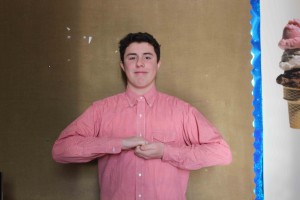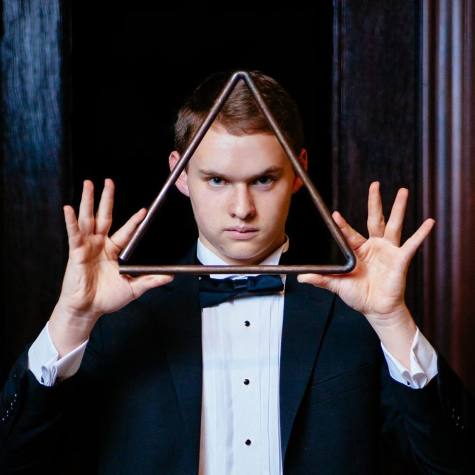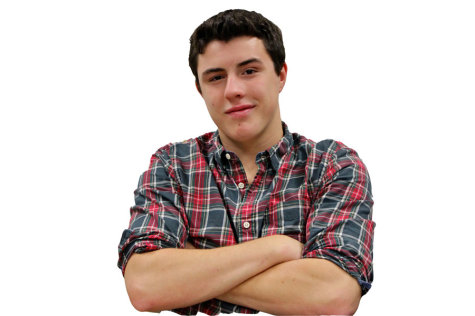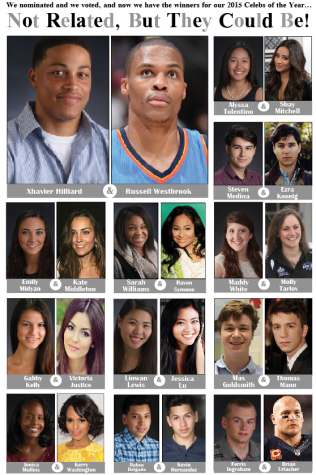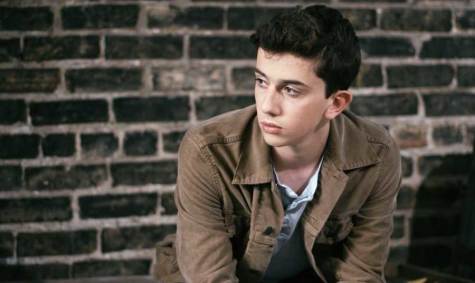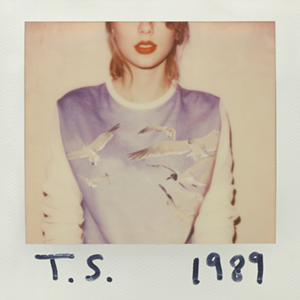18+ shows snub student listeners
18+ concerts are pointless.
Age-restricted shows are now dominant across Chicago, and they aren’t doing anything but hurting young listeners and limiting ticket sales.
“We have around 350 shows every year,” explains Joe Shanahan, owner of The Metro and The Double Door in downtown Chicago.
However, only about 40% of these shows are all-ages, meaning that the remaining 60% are all at least 18+.
This means that as students, we have less than half of the opportunities to see live music than the adult world.
Aren’t we already limited enough?
If you are under 18, you know what it’s like to be discriminated against based on your age. You can’t vote, get a tattoo, or buy a lottery ticket. Hell, you’re not even considered an adult! What’s the point of limiting us more by not allowing us into shows that we are mature enough to see? It’s not like we’re going to see live porn!
We are not kids anymore. We’re mature, and we deserve to have the opportunity to at least attend a live concert with adults.
It’s not like it helps the venue
Age-restricted shows not only take away opportunities for us, but they actually hurt the venue by taking away an entire demographic of ticket buyers whose business could sometimes be greatly appreciated.
If there’s an artist that not many people know, like Ryan Hemsworth, who played the Double Door Nov. 13, limiting the age of the audience could result in a half-empty house (or half-full, depending on how you look at it). This is especially important for an act like Hemsworth, who played Dillo Day last year and is only 24 himself, because his pop-EDM style appeals to the youth. The show, however, was 21+, which means that a very large part of his audience was lost for the show, as they were unable to buy tickets.
However, there are different factors which play into determining whether a show can be all ages or not. “Curfew plays a role in this too,” says Shanahan, “if a show is 18+, it probably doesn’t start until 8 or 9, while all-ages shows are usually doors at 6:30, show at 7:30.”
With a citywide curfew of 11 p.m. on weekends for ages 12-16, it is understandable how it can be difficult to please both the artist and the audience.
“Bands don’t wanna play shows at 7:30. Bands wanna play shows at 8 or 9,” explains Shanahan.
Obviously, we should abide by the city’s curfew, there’s no real excuse for breaking that law.
But even if this is the case, most bands don’t play more than an 1.5-2 hour set, which would end before curfew. According to their website, The Metro has 26 shows between now and April 10. Of these 26, 19 are 18+. All of these 18 and up shows start at 9 except for four, which begin earlier. This means that pretty much every show should be done before 11, which doesn’t touch the city’s curfew laws and doesn’t make the venue liable.
If the only reason a show is 18+ is because of curfew, us 17 year olds should be allowed in as well. The city’s curfew applies only to those under the age of 17, so there’s really no reason to make concerts unavailable to us for that reason.
In order to improve ticket sales and help allow young listeners to go enjoy their favorite live acts, venues in Chicago should decrease the number of age restricted shows, as well as change the age limit from 18 to 17. With this, the city could see more of a youthful presence at concerts, as well as an increase in ticket sales.
We deserve to see the music we love, and 18+ shows don’t allow us to do so.
Your donation will support the student journalists of the Evanstonian. We are planning a big trip to the Journalism Educators Association conference in Philadelphia in November 2023, and any support will go towards making that trip a reality. Contributions will appear as a charge from SNOSite. Donations are NOT tax-deductible.


